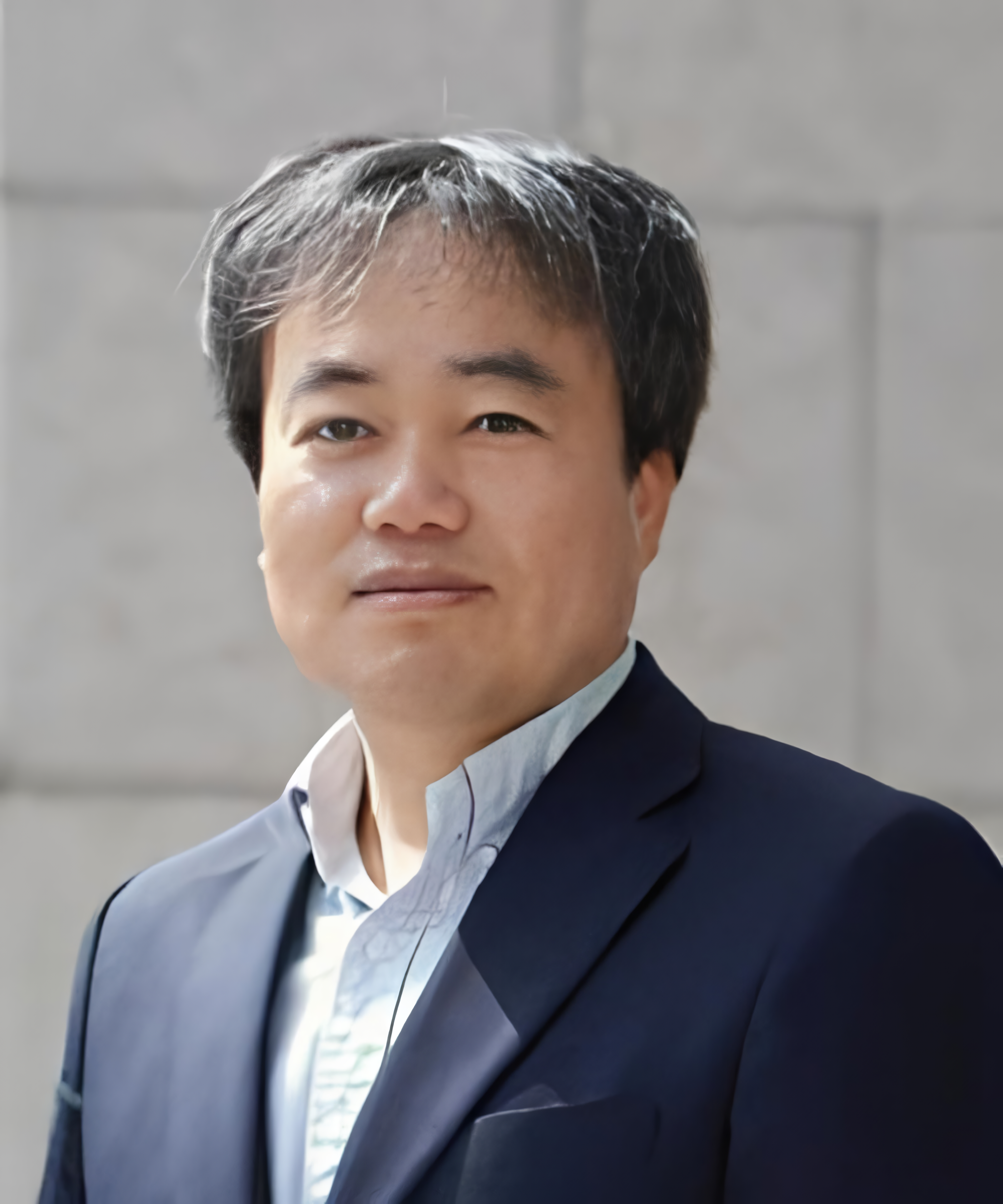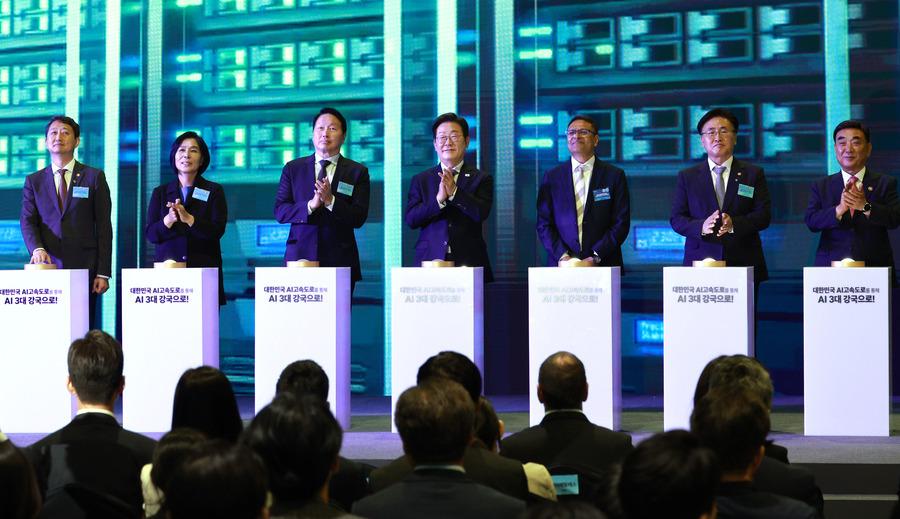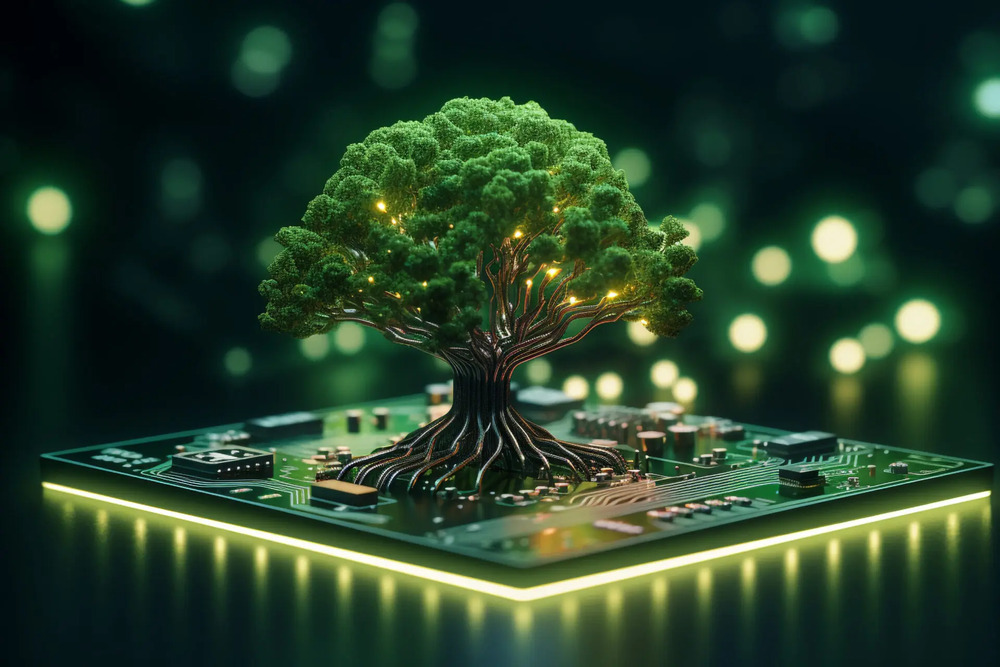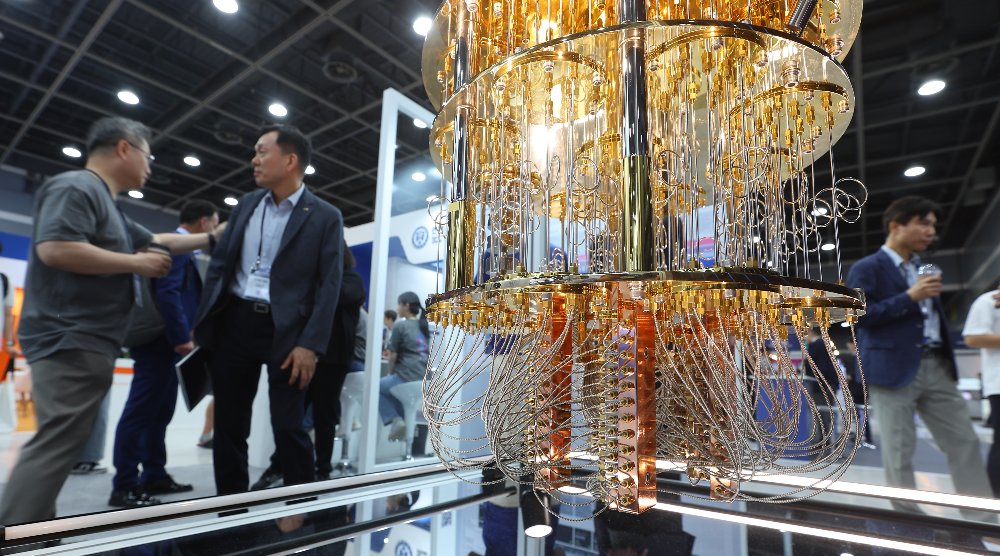
- #South Korea
- #Technology & Cybersecurity

Key Takeaways:
- The
accelerating development and strategic application of these emerging
technologies are reshaping South Korea's engagement with the international
community, fundamentally influencing its economic diplomacy and global
partnerships, enhancing its geopolitical influence and soft power,
strengthening its security alliances and defense capabilities, and amplifying
its role in addressing critical global challenges.
- The
government plans to invest 6.8 trillion Korean Won in 2025 across 12 strategic
technology fields, with continuous expansion, aiming to surpass 30 trillion
Korean Won in R&D by 2028. National strategic plans will be regularly
updated to reflect global trends and security demands.
-The
integration of emerging technologies into defense systems is a critical aspect
of South Korea's national security.
Introduction
South Korea has transformed from a war-torn country
into a global economic leader, fueled by technological innovation. Its economic
focus has decisively shifted towards pioneering cutting-edge emerging
technologies, including AI, biotechnology, quantum computing, advanced
robotics, and next-generation semiconductors. These technologies drive domestic
growth and influence South Korea’s foreign policy, security, and global
standing. Understanding South Korea's strategic journey in technology
development, its key focus areas, and the implications for diplomacy and global
partnerships is thus essential for comprehending its expanding international
influence.
South Korea’s Strategic Commitment to
Emerging Technologies
South Korea’s unwavering commitment to emerging
technologies is deeply ingrained in its national strategy, recognizing that
future competitiveness, security, and global standing depend on technological
leadership. The government has made substantial R&D investments, cultivated
robust public-private partnerships, and nurtured a highly skilled workforce,
positioning the nation as a leading global innovator.
This vision builds upon national strategies such as
the 'Digital New Deal,' which integrate stimulus measures with reforms in
digital and green technologies. Over 58 trillion Korean Won (approximately $47
billion USD) has been allocated to fortify data infrastructure, catalyze AI
industries, and champion smart government initiatives. Prior to the transition
to the Lee Jae-myung administration in June 2025, the Yoon Suk-yeol government
had prioritized emerging technologies through the "Strategy for Global
R&D Leadership," strengthening national R&D, semiconductor
innovation, and fostering nascent sectors like next-generation batteries,
aerospace, and advanced defense AI systems.
The Lee administration, which commenced in June 2025,
has further underscored a decisive commitment to technological governance
through key technocratic appointments. President Lee plans to advance AI by
building infrastructure, expanding GPU access, promoting open data, and
training specialists. The formation of the National Artificial Intelligence
Committee under the previous administration underscored a top-down approach to
AI policymaking, aiming to enhance infrastructure, promote industrial applications,
and advance regulatory reform. While earlier administrations laid the
groundwork for AI development, it was the Lee Jae-myung government that pledged
to mobilize 100 trillion Korean Won toward an AI investment fund, formalizing
the initiative in June 2025.
The "Real Republic of Korea" vision,
championed by the ruling party, emphasizes developing emerging technologies,
particularly AI, to enhance international standing and contribute to global
initiatives. This agenda is underpinned by significant governmental investment,
strategic talent development, and robust policy frameworks. The government
plans to invest 6.8 trillion Korean Won in 2025 across 12 strategic technology
fields, with continuous expansion, aiming to surpass 30 trillion Korean Won in
R&D by 2028. National strategic plans will be regularly updated to reflect
global trends and security demands.
Key Areas of Technological Focus
South Korea's concentrated efforts in emerging
technologies span several distinct yet interconnected sectors:
Artificial Intelligence (AI): Core to
Innovation Strategy
AI remains the cornerstone of South Korea’s technology
agenda. The Ministry of Science and ICT has made substantial investments in
foundational AI research and applications. The "National Strategy for
Artificial Intelligence" (2019) aims to establish South Korea as one of
the world's top three AI powerhouses by 2030, through training AI specialists,
establishing research institutes, and promoting AI convergence across
industries like smart factories, autonomous vehicles, and healthcare.
Under President Lee, the AI Great Transformation (AX)
initiative is expected to strengthen support for AI research infrastructure,
high-performance GPU distribution, and the AI K-cloud platform. Ethical
standards and public trust mechanisms under the ‘AI for All’ policy aim to
balance innovation with responsible governance, reflecting a holistic ecosystem
approach.
Semiconductor and Quantum Technologies:
Securing the Future
Semiconductors are the lifeblood of the South Korean
economy, with Samsung Electronics and SK Hynix accounting for over 20% of
global production in 2023. Recognizing their strategic imperative, the Korean
government introduced the "K-Semiconductor Belt Strategy" in 2021,
which included tax incentives, expanded R&D, and industrial cluster
development.
In parallel, substantial investments are being made in
quantum computing and communication technologies. The Ministry of Science and
ICT allocated over 44 billion Korean Won ($33 million USD) in 2023 to establish
quantum research centers and train 1,000 quantum experts by 2030. These
investments are driven by quantum technologies’ potential to revolutionize
fields like cryptography, materials science, and financial modeling. "The
2023 Quantum Science and Technology Strategy of Korea" included state
funding for research and academic partnerships, a commitment that the Lee
administration is expected to continue or build upon.
Biotechnology and Pandemic Resilience
South Korea’s effective COVID-19 response showcased
its advanced biotechnology capabilities. Building on this success, the Bio
Economy Initiative (2022) targets positioning South Korea as a top-five global
biotech power by 2030, involving expanded bio-manufacturing hubs, government
subsidies for vaccine R&D, and support for personalized medicine.
Following the inauguration of the Lee administration,
continuous support for biotechnology through grants, infrastructure, and
startup funding is anticipated. The government views biotechnology as both a
national strategic asset and a diplomatic tool, strengthening ties globally
through vaccine partnerships and pharmaceutical exports, thereby enhancing its
role in global health security.
Robotics and Smart Manufacturing
In 2023, South Korea was one of the most robot-dense
countries, with 1,012 industrial robots per 10,000 manufacturing workers. The
government is shifting focus to service robotics and autonomous systems, aiming
to upgrade 30,000 factories with smart technologies by 2030, with an emphasis
on SMEs. These developments address demographic challenges such as population
aging and labor shortages while enhancing productivity. Korea's integration of
robotics with AI and 5G underpins future mobility systems. The Korean
government supports investment in advanced robotics and automation through
initiatives aimed at upgrading robot platforms and smart factories,
particularly for small and medium-sized enterprises.
Education, Talent, and Global Partnerships
To sustain innovation, South Korea prioritizes
cultivating a highly skilled workforce. Universities are restructuring
curricula to integrate data science, ethics, and entrepreneurial skills. The
government promotes international collaboration with leading global
institutions through bilateral agreements for joint research, talent exchange,
and technology licensing. Programs like the "K-Global Startup Hub"
and "AI Voucher Program" support tech startups and SMEs in developing
innovative products and entering global markets.
Impact on International Relations: A
Multifaceted Influence
The rapid development and strategic application of
emerging technologies are reshaping South Korea's engagement with the
international community, fundamentally influencing its economic diplomacy and
global partnerships, enhancing its geopolitical influence and soft power,
strengthening its security alliances and defense capabilities, and amplifying
its role in addressing global challenges.
Economic Diplomacy and Partnerships
South Korea’s technological strength enhances its role
in global economic diplomacy, particularly in semiconductors, 5G, and
manufacturing. This leadership translates into increased foreign direct
investment, facilitated technology transfers, and thriving joint ventures,
reinforcing economic ties with key allies. Its high-tech manufacturing
capabilities and commitment to resilient supply chain management establish it
as an exceptionally reliable partner. Its leadership in efficient digital
service networks further positions it as an attractive collaborator for smart
city solutions and next-generation global consumer services.
Geopolitical Influence and Soft Power
Technological innovation enhances South Korea's soft
power, extending its global appeal beyond cultural exports. By contributing to
global health security via biotech or leading discussions on AI ethics, South
Korea is poised to play a significant role in shaping international norms.
However, the dual-use nature of many emerging technologies leads to increased
scrutiny and heightened competition. Balancing open innovation with national
security remains a delicate diplomatic endeavor.
Security Alliances and Defense
Capabilities
The integration of emerging technologies into defense
systems is a critical aspect of South Korea's national security. Advanced AI
for surveillance, robotics for unmanned systems, and quantum cryptography for
secure communications significantly enhance its defense capabilities. This
technological advancement deepens security alliances, notably with the United
States, through collaborative research and technology sharing. The nation's
ability to innovate and deploy cutting-edge defense technologies serves as a
foundational pillar of its deterrence strategy, contributing to regional
stability.
Addressing Global Challenges and
Multilateral Cooperation
South Korea's impressive technological advancements
empower it to contribute effectively to addressing global challenges. Its
robust bio-pharmaceutical capabilities are vital for strengthening global
health security. Its increasing focus on sustainable technologies and net-zero
initiatives positions it as a leading actor in global climate change
mitigation. This proactive stance creates opportunities for South Korea to
engage more actively in multilateral forums, advocate for science-based
solutions, and foster international cooperation.
Conclusion
South Korea’s remarkable journey in emerging
technologies exemplifies its adaptive capacity, strategic foresight, and
relentless pursuit of innovation. Advances in AI, biotechnology,
semiconductors, and robotics are reshaping South Korea’s national identity and
global role. While these technological leaps offer immense opportunities for
economic growth, enhanced security, and increased global influence, they are
concurrently accompanied by inherent complexities, including geopolitical
competition, ethical considerations, and balancing innovation with responsible
governance. Risks such as over-centralization and geopolitical dependence
persist. Nevertheless, South Korea's proactive and coordinated approach offers
a compelling model for other middle powers navigating technological
transformation. As these transformative technologies continue to evolve, South
Korea’s strategic ability to navigate these multifaceted challenges and
judiciously leverage its formidable technological strengths will be pivotal in charting
its future course and solidifying its role in the global order.

Professor Jaemin Park is in the Department of Technology Management at Konkuk University in Seoul, South Korea. He currently serves as a member of the National Academy of Engineering of Korea (Division of Technology Management and Policy), Chair of the Disclosure Committee for the KOSDAQ Market, and a non-executive director at both Korea Industrial Technology Foundation (KIMAC) and Korea Foundation for Women In Science, Engineering and Technology (WISET). He also chairs the Deliberation Committee for Innovation Financing of National Strategic Industries and the Selection Committee for the Top 100 R&D Excellence Achievements in Korea. Previously, Professor Park served as Policy Advisor to the Minister of Science and Technology and held multiple leadership positions at Konkuk University, including Dean of Planning, Dean of Academic Affairs, and Director of the Center for Teaching and Learning Innovation.


